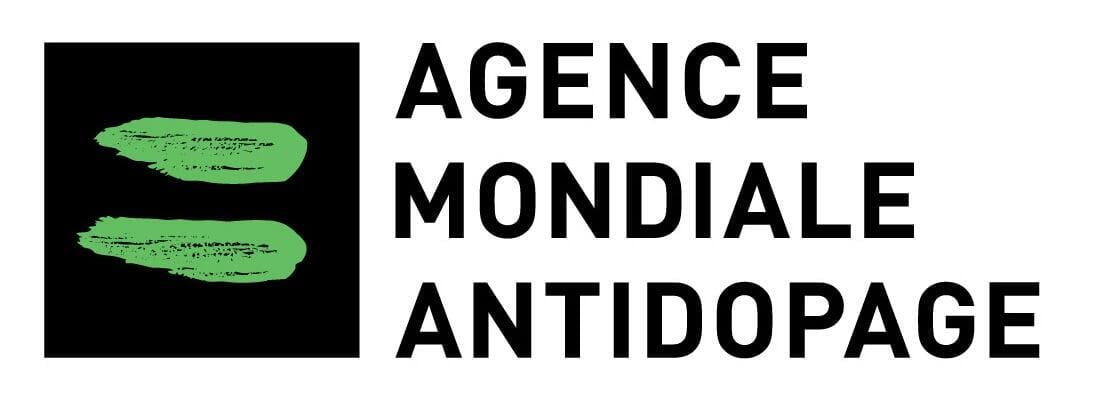International control data obtained on the basis of the 2015 World Anti-Doping Code
This report therefore incorporates "analysis data of urine samples, blood samples and Athlete Biological Passport (ABP) blood samples collected in-competition and out-of-competition, as well as abnormal test results and test results subsequent atypical analyzes that have been reported".
It contains the first international control data obtained since the 2015 World Anti-Doping Code entered into force on January 1, 2015.
Some key points from the WADA report
- 7,1% increase in the total number of samples analyzed: 303 in 369 against 2015 in 283.
- Relative increase in the number of abnormal analytical results (positive controls) compared to all samples analyzed: from 1,11% (or 3 abnormal analytical results out of 153) in 283 to 304% in 2014 (or 1,26 abnormal analysis results out of 2015).
- Relative increase in the total number of blood samples analyzed: 4,78% in 2014 (i.e. 13 samples out of 553) against 283% in 304 (i.e. 6,98 samples out of 2015).
- Significant increase in controls for the main prohibited substances, growth hormones, growth hormone releasing factors and erythropoiesis stimulating agents, which meets the recommendations of the Technical Document for specific analyzes by sport.
Number of positive doping controls
According to the press release, the Report "presents data from 403 different supervisory authorities, slightly more than the 385 in 2014, which is explained by the higher number of partners that have been identified"as supervisory authorities.
The data includes all analyzes performed in 2015 in the 35 laboratories accredited by WADA and in the other three laboratories that have been approved by WADA to perform hematological analyzes exclusively as part of the hematological module of the ABP.
WADA would like to clarify that "a result does not necessarily correspond to an athlete. The results may correspond to multiple results from the same athlete or to several measurements from the same athlete, for example in the case of longitudinal studies of testosterone"







